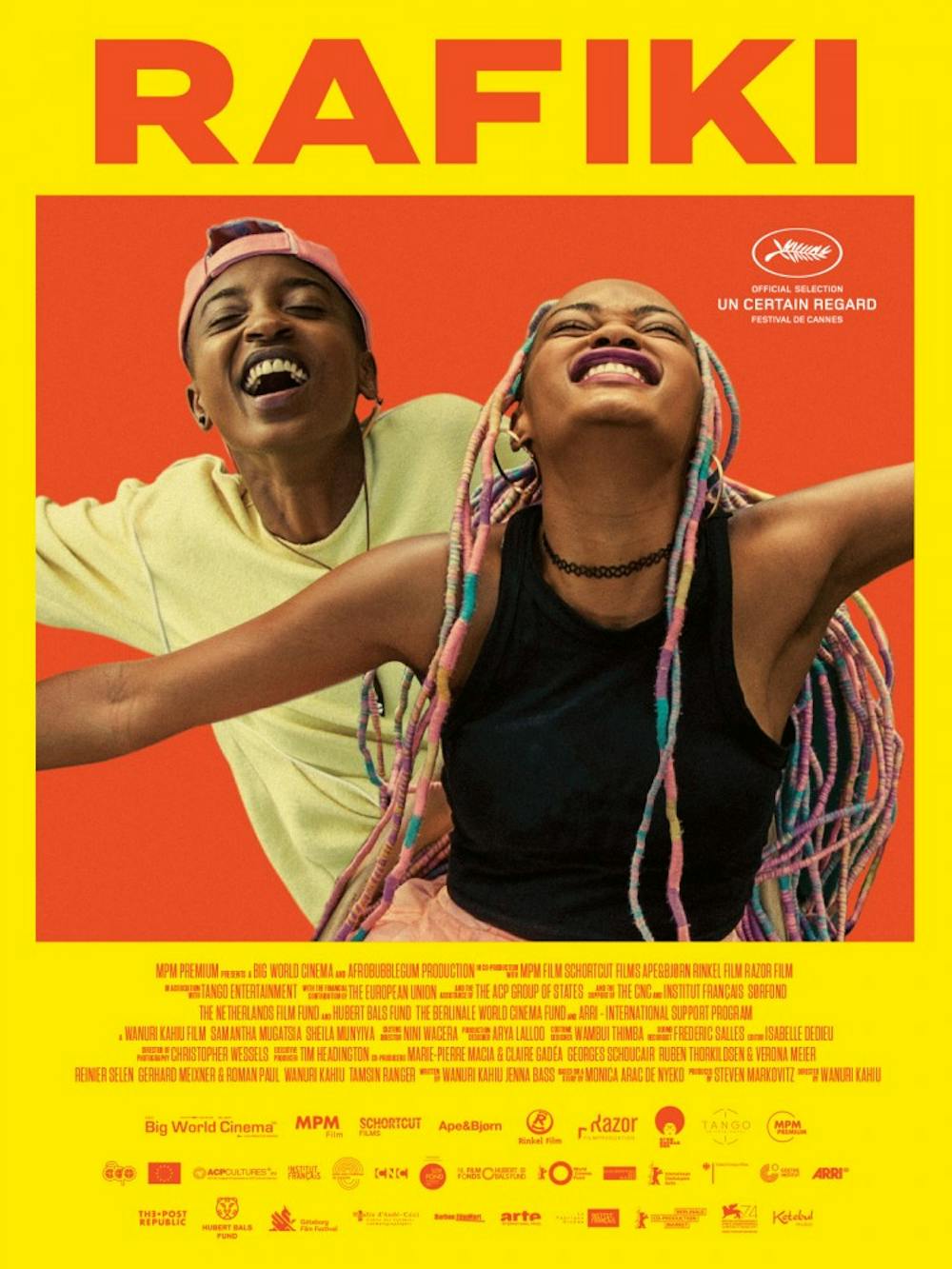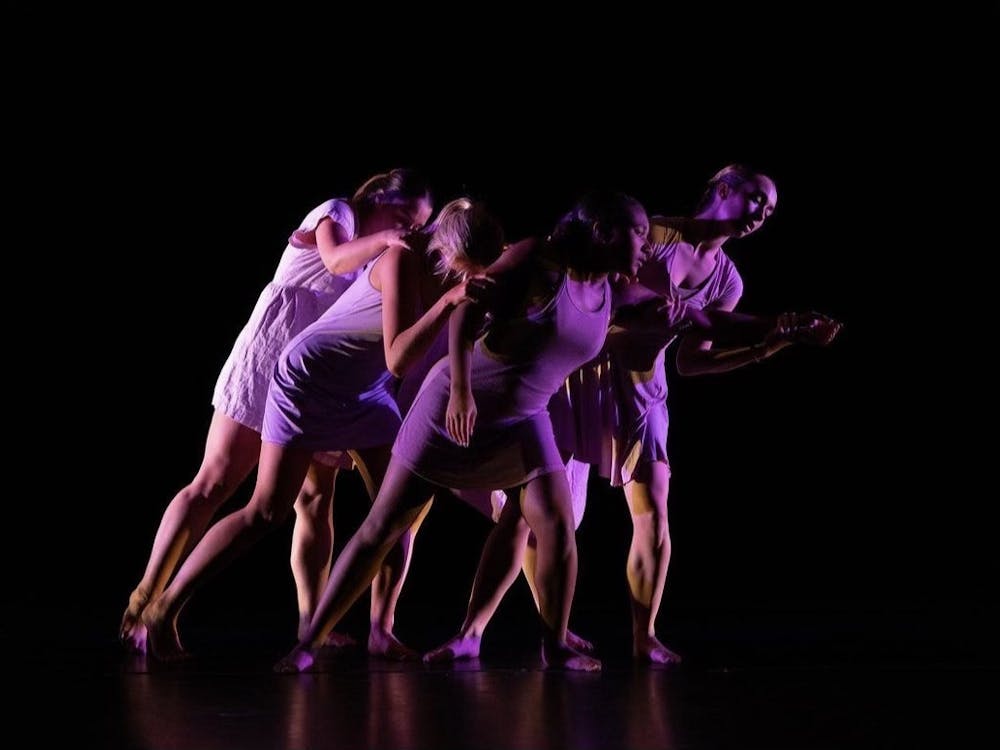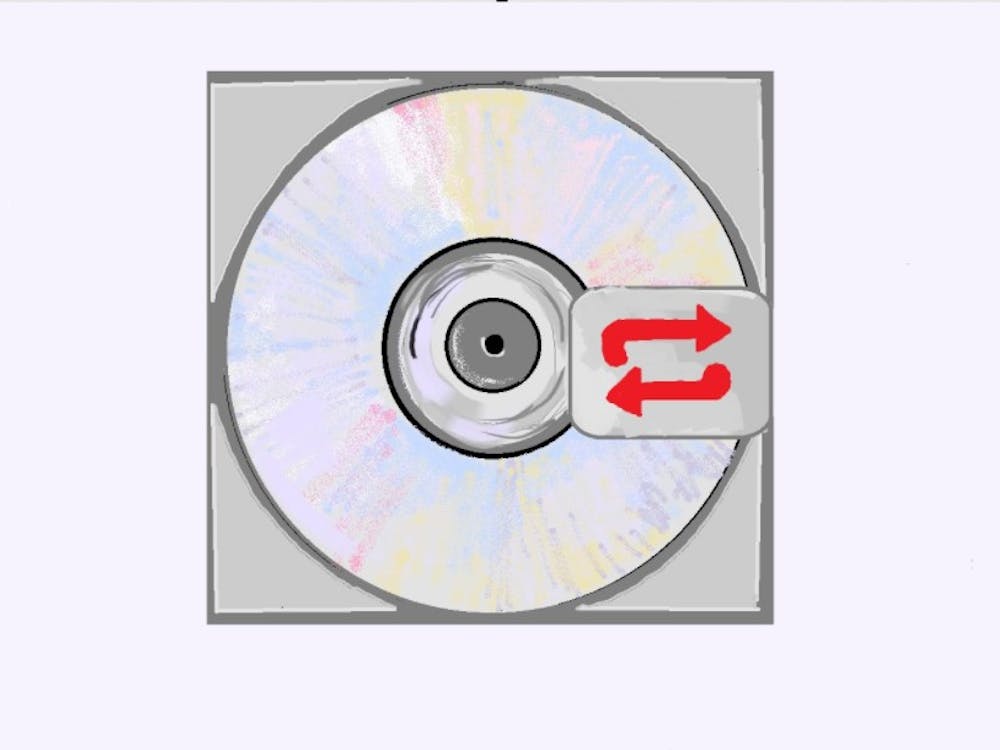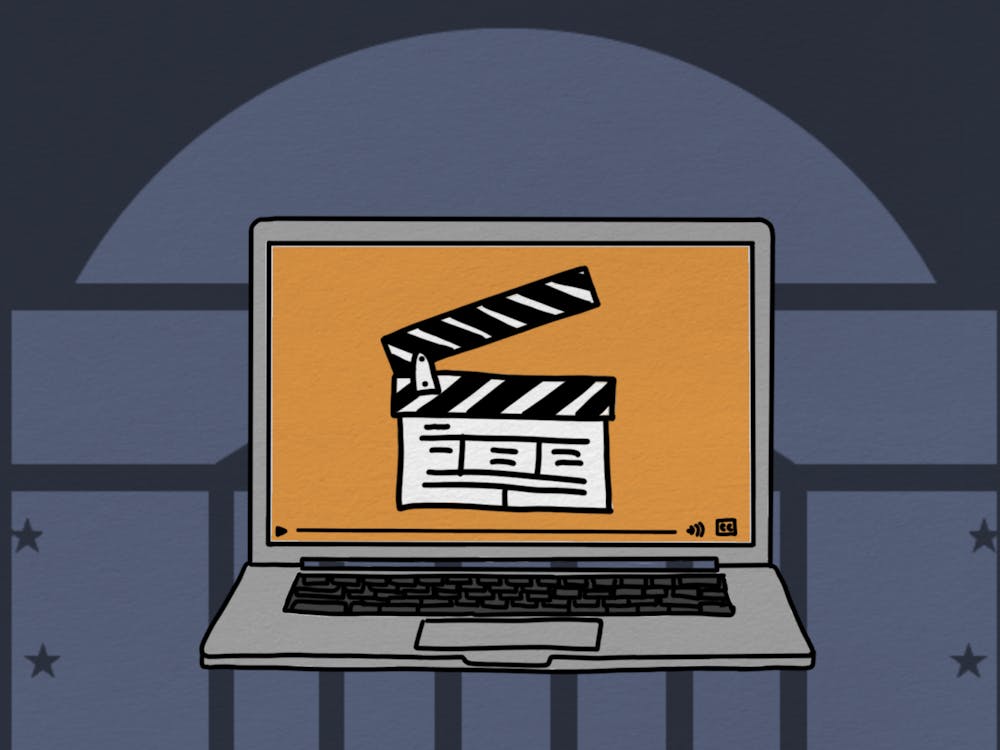Kenyan director Wanuri Kahiu had her work cut out for her when adapting the short story “Jambula Tree” into film. While Kenya has an active community fighting to gain legal rights for LGBTQ people, its government has continued to uphold a colonial-era law that criminalizes homosexuality. It was not surprising that “Rafiki” was banned from screening in its home country, but it did not make it any less shameful.
With the release of films like “Call Me By Your Name” and “Love, Simon,” the LGBTQ community has gotten significantly more widespread representation onscreen in the past two years. However, it is important to not take these portrayals for granted and to continue to support these efforts. “Rafiki” depicts two teenage Kenyan girls, trying their hardest to avoid the fates of every other typical Kenyan girl in their community of Slopes. Early on in the film, Ziki Okemi (Sheila Munyiva) and Kena Mwaura (Samantha Mugatsia) make a promise to each other that they “[will] never be like any of them down there — instead […] [they are] going to be something real.” Throughout the film, this concept of how to be “real” is challenged by how to live a safe and comfortable life in Slopes.
Kena and Ziki face misogyny, heteronormativity and aggression at the hands of their tight-knit community. Shot after shot of gentle intimacy and blossoming friendship is marred by comments about becoming a good wife, aggressive homophobia and physical violence. Right off the bat, Kena’s friends are seen making homophobic remarks about the only openly gay man in Slopes as he walks past them. This aggression is never diluted or resolved, making the struggle to maintain self-assurance and true identity even more difficult for the two protagonists.
“Rafiki” has all the markings of a Shakespearean tragedy — star-crossed lovers, warring families, adolescent romance and lost love. But just because the film is a familiar tale does not mean that we can lump it in with any other dramatic romance, even those representative of the LGBTQ community. The subtle originality is certainly dependent on Kahiu’s direction. With attention to detail and a strong focus on sound and color, every shot serves a specific purpose — whether that is showing Kena’s mother clutching a Bible, Ziki’s hand gently resting on Kena’s shoulder, or Kena and the only other openly gay character sitting on a bench together surrounded by flowers in silence.
Along with forbidden romance, “Rafiki” also shows the warring sides of femininity and politics. Kena is a tomboy who is constantly being forced to consider her future as a perfect wife, and because of this she is timid, self-restricting and hard at work to maintain a healthy hold on her future. Her father, a liberal shop owner, is running for the same political position as Ziki’s father, a more conservative and well-to-do man. Ziki, on the other hand, is confident, free-flowing and colorful, both in personality and in style. She wears multicolored pastel braids and flowing dresses, and she never seems to be working. She spends her days practicing dance moves with her two friends and staring at Kena from across the street. When the two girls become friends — and then more — their relationship is marked by support. They push each other to become more than the “typical Kenyan girl” and to be “real.”
Wanhui manages to maintain a sense of romance and intensity without over-sexualization, which heightens the authenticity of the picture. Kena and Ziki are two timid teenagers — unsure of themselves, their bodies and whether or not they should strive for happiness or safety. This is made clear in their hesitant touches, their nervous glances and sheepish smiles from across the streets. While it remains tender, the romance is still a political stand —and a defiant one at that.
The struggles Kena and Ziki face are not romanticized and do not bring them closer, as other LGBTQ films may suggest. The harsh treatment towards these two innocent and apprehensive teenagers is raw and uncensored — not to shock the audience but to inform. While characterized by bright colors and rhythmic music that undoubtedly add a more upbeat feel to the beginning of the film, the film descends into darker colors and deeper sounds as the horrific treatment of the LGBTQ community becomes even more apparent,
Perhaps the most important aspect of “Rafiki” is its hopeful ending, showing that even amongst pain, violence and aggression, things can change for the better. With Kenyan LGBTQ rights activists hard at work and directors like Kahiu telling and retelling these important stories, we can hope that one day not every LGBTQ story has to have some form of tragedy as a plot point.





